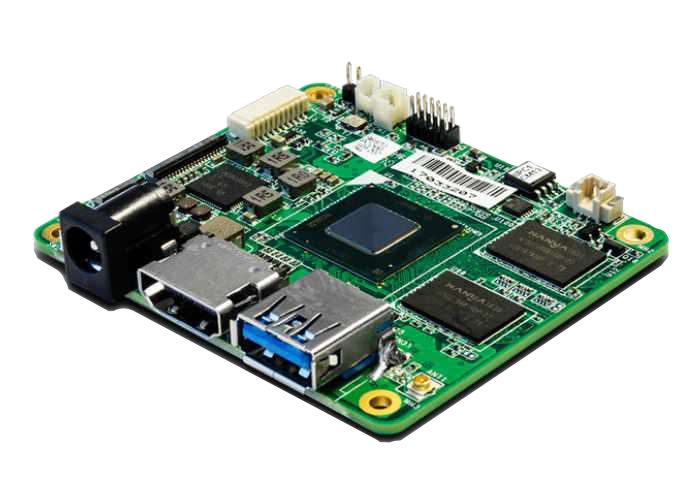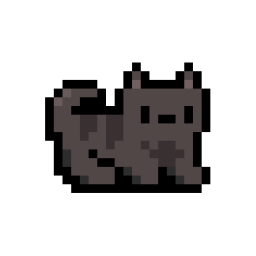Preferably with multiple SATA ports or an expansion slot that can take a PCIE card.
I’ve got an Odroid HC4, comes in a toaster-like enclosure with two SATA ports. Quad-core, 4gb RAM. Works well if you want something fairly simple.
I have one of those, ran it for a while, and one day no files. I put it on my “fix it one day” shelf. Never did figure out what happened.
Strange, I wonder if that was the SD card or one of the SATA drives? I mirror my data between the two HDDs for redundancy and occasionally run remote backups, though I’ve never had any problems with data loss. Been running mine for 2-3 years.
If PCI-E is a must your best bet (with least headaches) is still something x86 based, and for the lowest power you’d want something like a celeron-N or J series. For example this board: https://www.asrock.com/mb/Intel/J5040-ITX/ has sata, m2, pci-e, non-soldered RAM and will idle at ~6-7W (excluding storage). If I were doing it, though, I’d spend a few extra watts on an i3-10300 or later, which will idle at maybe 10-12W (again excluding storage) but give you much better performance and much better hardware assistance for video transcoding if you’re going to be running plex/jellyfin or an OTA DVR. I use an Asus PN-41 miniPC with an i3 10300 with a couple of USB-C HDDs as an offsite backup server, and it idles right in that range plus about 5W per attached disk (when not spun down).
https://www.pine64.org/rockpro64/
If I remember I’ll post the pcie card with 4x sata I use.
I’ve looked at this route before, but worried that it would be a headache to get everything running smoothly. What’s your experience been?
Hardest part was mounting everything in my 1U chassis. Using an ATX power supply with the break out board solved a lot of problems. That way the SBC gets 12v, and the sata drives get power at the same time. And you’ve got connectors for fans and stuff. You can use a smaller form factor PSU. I think mine is like 200W but that’s more than enough to power the board, expansion card, fans, and drives.
On the software side, I just use the Debian based distro “Armbian”. But it looks like you can use others.
Well the
rp4rp5 just came out


